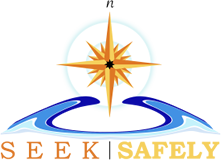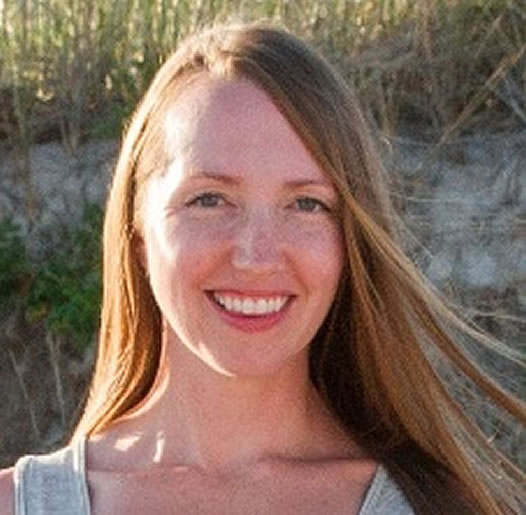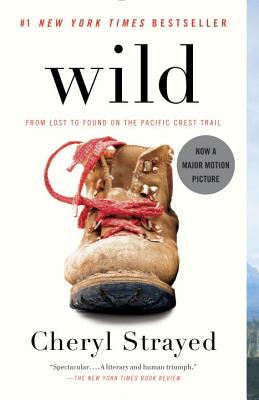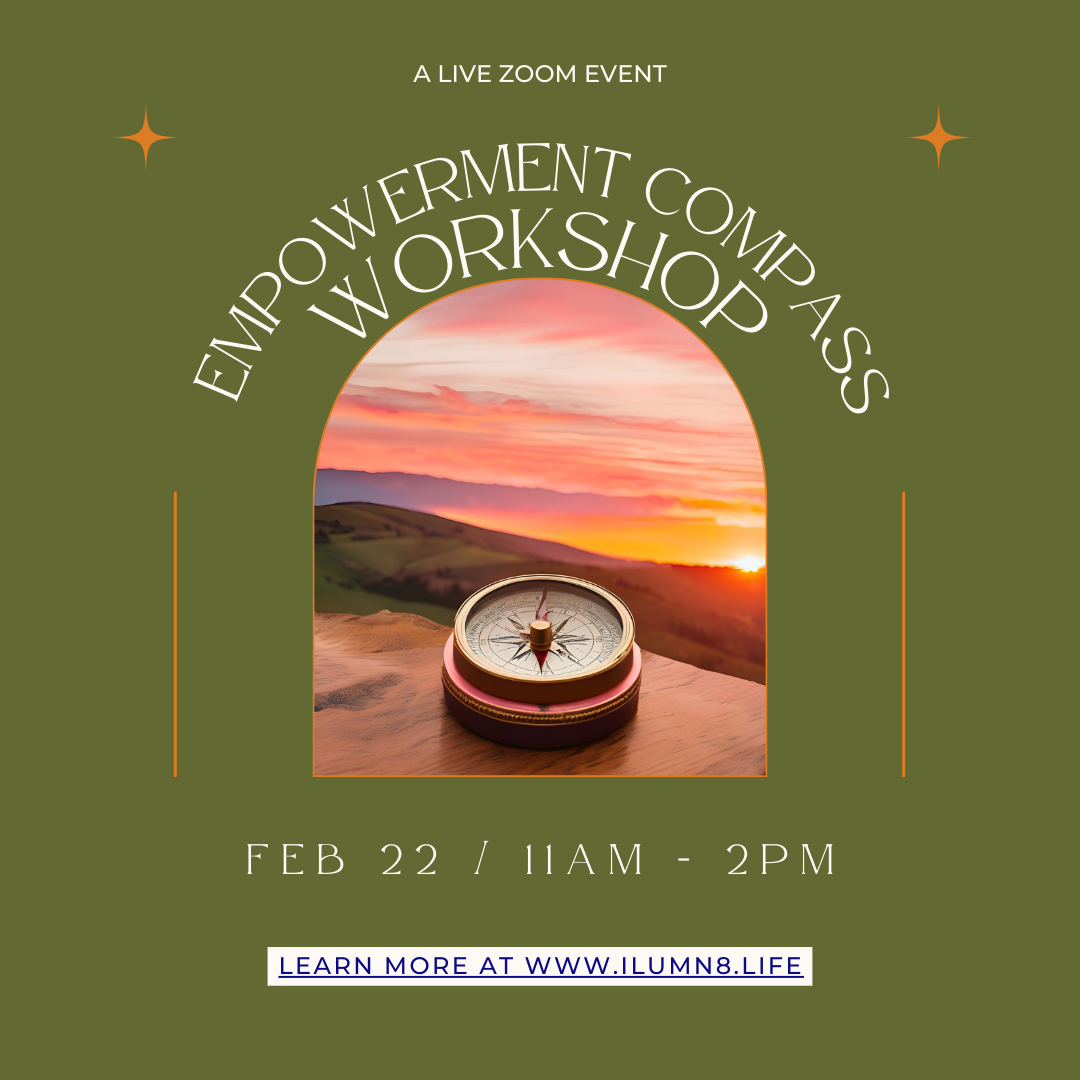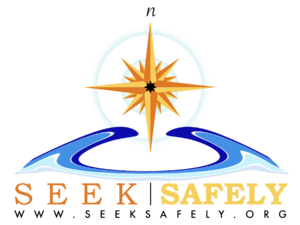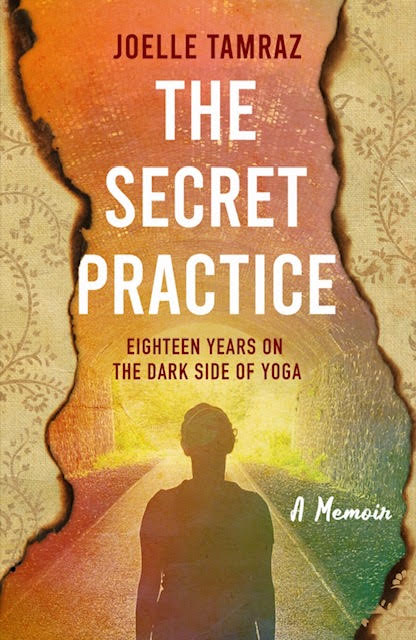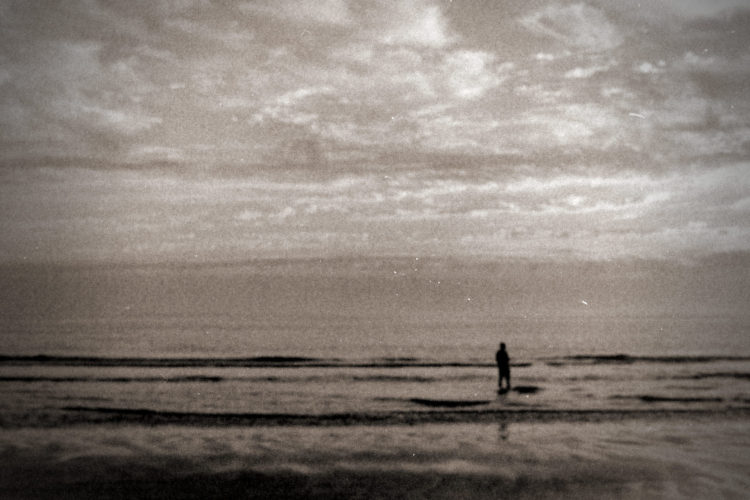
Recently, I discussed the idea of seeking in times of uncertainty. I want to dive further into something I alluded to in that post, something I’m going to call “self-help lite.”
Traditional Self-Help
What most people traditionally think of as self-help are the heavies like Tony Robbins or Deepak Chopra. These are the names that dominate the self-help section, who have multiple books and programs, who hold expensive events, or who are routinely referenced in self-help literature. Their books often involve “laws,” “principles,” “metaphysics.” Getting into these authors can feel a bit like studying and indeed, these people present themselves as teachers.
Self-help Lite
But I see another level of self-help emerging: self-help lite. In the previous post, I mentioned trends such as Konmari tidying, which is related to a movement towards minimalism. I also mentioned the Danish philosophy of hygge, as well as the more general ideas of self-love and self-care.
I would also include in this self-help lite category influential authors such as Elizabeth Gilbert of “Eat, Pray, Love” fame, and Cheryl Strayed of “Wild.” These are not at all traditional self-help authors, nor would they categorize themselves as such. But… their books are about personal transformation, and their insightfulness combined with their great ability to communicate the lessons they gained, have turned them into sort of accidental gurus. Just consider the fact that Elizabeth Gilbert has been part of an Oprah tour.
Is it Really Self-help?
Does this all really qualify as self-help? I think yes, and no. On one level, we simply have inspirational stories, or tips for tidying or cozying your home. This is really just lifestyle stuff. Not exactly self-help.
However, these things do tend to bleed into the self-help world, I think. Consider how emotional the process of tidying is for many of the people on Marie Kondo’s Netflix show. The tidying becomes theraputic and transformational. And it’s sold that way. The book isn’t just “tips for tidying,” but the “LIFE-CHANGING MAGIC of Tidying Up“! Minimalism certainly bills itself as a life overhaul that opens space for “what you really want to fill your life with.” I’ve even seen minimalist fashion experts who discuss the more spiritual impacts of adopting a capsule or minimal wardrobe.
Some lists of how to make your home more hyggligt are just about lighting candles and adding more cozy blankets to your cushy couch. But some articles will talk about being more present in your time with loved ones, and how hygge at its core can really be a life changing experience.
And those inspirational books? Yeah, they can definitely just be great reads (that also make good movies), but as mentioned, they’ve also put these authors into quasi-guru territory.
What’s the Big Deal?
Is this wrong? Is there something dangerous about this? Why does this matter to SEEK?
I don’t necessarily think there is anything wrong with these trends. They can even be really positive. But I see this “self-help lite” as another sign of self-help going mainstream, becoming an accepted part of our culture. The notion of self-improvement is no longer tucked away in the “sad” corner of the bookstore–it’s really all around us. We seem a bit obsessed with it, actually.
And I do wonder if these things may serve as a sort of gateway into the more traditional, more serious forms of self-help that can involve big investments of time, money, and emotion. In that regard, I think SEEK does have a role in reminding people about the potential dangers of the self-help industry as these self-help trends become more popular.
All along, we’ve maintained that even within the more traditional industry, there are great programs and teachers. The reminder to consumers is just to stay aware of what you’re getting yourself into. Ask the questions you need to ask to stay safe.
But what do you think? Have you noticed these self-improvement trends? Would you consider them self-help? Let us know!
**featured image is “On the Water’s Edge” by Martin Brigden (Attribution: CC BY2.0)
